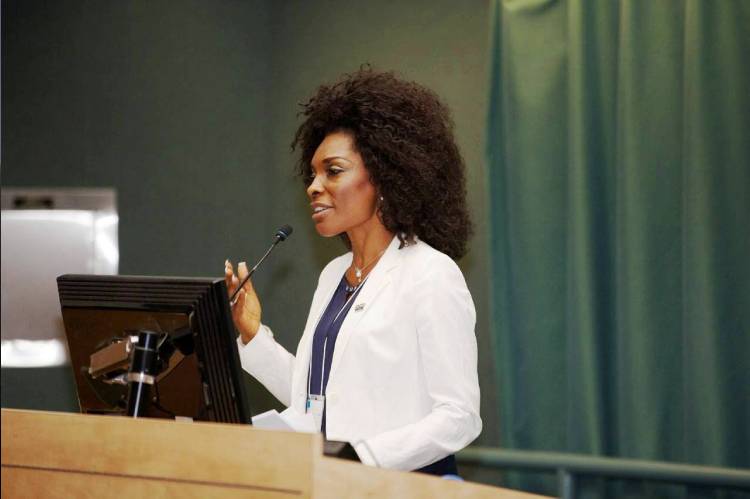
With the population of older persons projected to rise from 19.2 million to 30 million people by 2050, National Senior Citizens Centre (NSCC) has assured the elderly Nigerians of improved care.
The Director General, Dr. Emem Omokaro, who spoke during a courtesy visit to the National Board Technical Education (NBTE), reiterated the resolve of the centre to revolutionise activities.
She recalled that the centre, as an agency established by NSCC Act 2017, is mandated to identify and cater for the needs of the elderly.
Omokaro said: “In Nigeria, as in most countries in Sub-Saharan Africa, families provide majority of care for older persons. The number of older people in Nigeria is growing rapidly. The latest National Bureau of Statistics (NBS) survey in 2022 shows an increase of two million from the 14.8 million in 2019.
“It is expected that it will double to 30 million by 2050. Research has confirmed that urbanisation, migration, technology, working role, conflicts of family caregivers and other non-cultural factors correlate with insufficient support systems for older persons, increasing care burden of few family caregivers, who provide care without any training or support. Quality of care is often poor and, in some cases, leading to gross abuse of fundamental human rights of older persons, especially incapacitated older persons, poverty and gender roles, which assign caregiving to the female, hinder efforts to expand education, employment and economic opportunities.
“There is, therefore, a growing need to develop long-term care systems to enable older people to receive the care they need and live lives with dignity.
“Organised care services can be compatible with cultural values, retain family involvement and respect norms of family obligation.”
“However, care of older persons in Nigeria is currently only focused on medical care with little or no attention to social care by trained care providers. With increase in the incidence of chronic diseases among older persons, a shift in emphasis to palliative and long-term care at home, community and residential care facilities, is the direction to go.”
She added: “This shift will require that hospitals are used for acute care, while residential care facilities, nursing homes, respite care facilities, assisted living arrangement, home and community care and other skilled/supervised care arrangements will be utilised for long-term care of older persons.”



